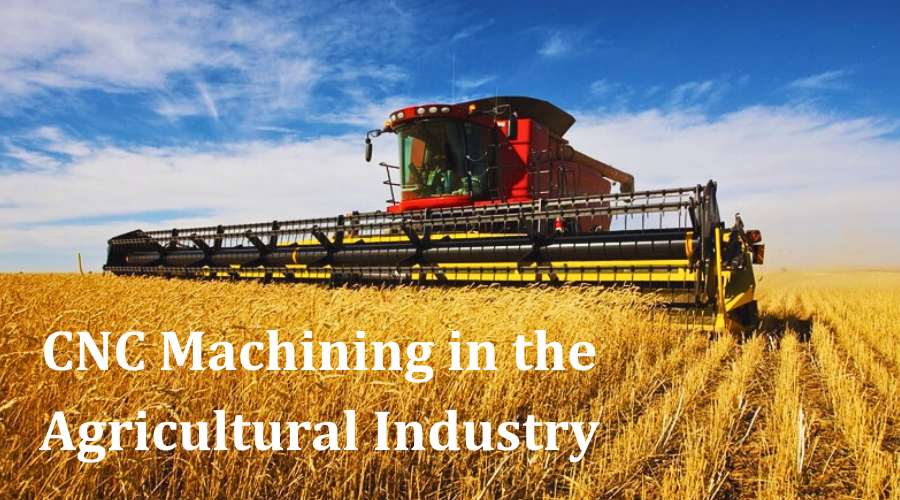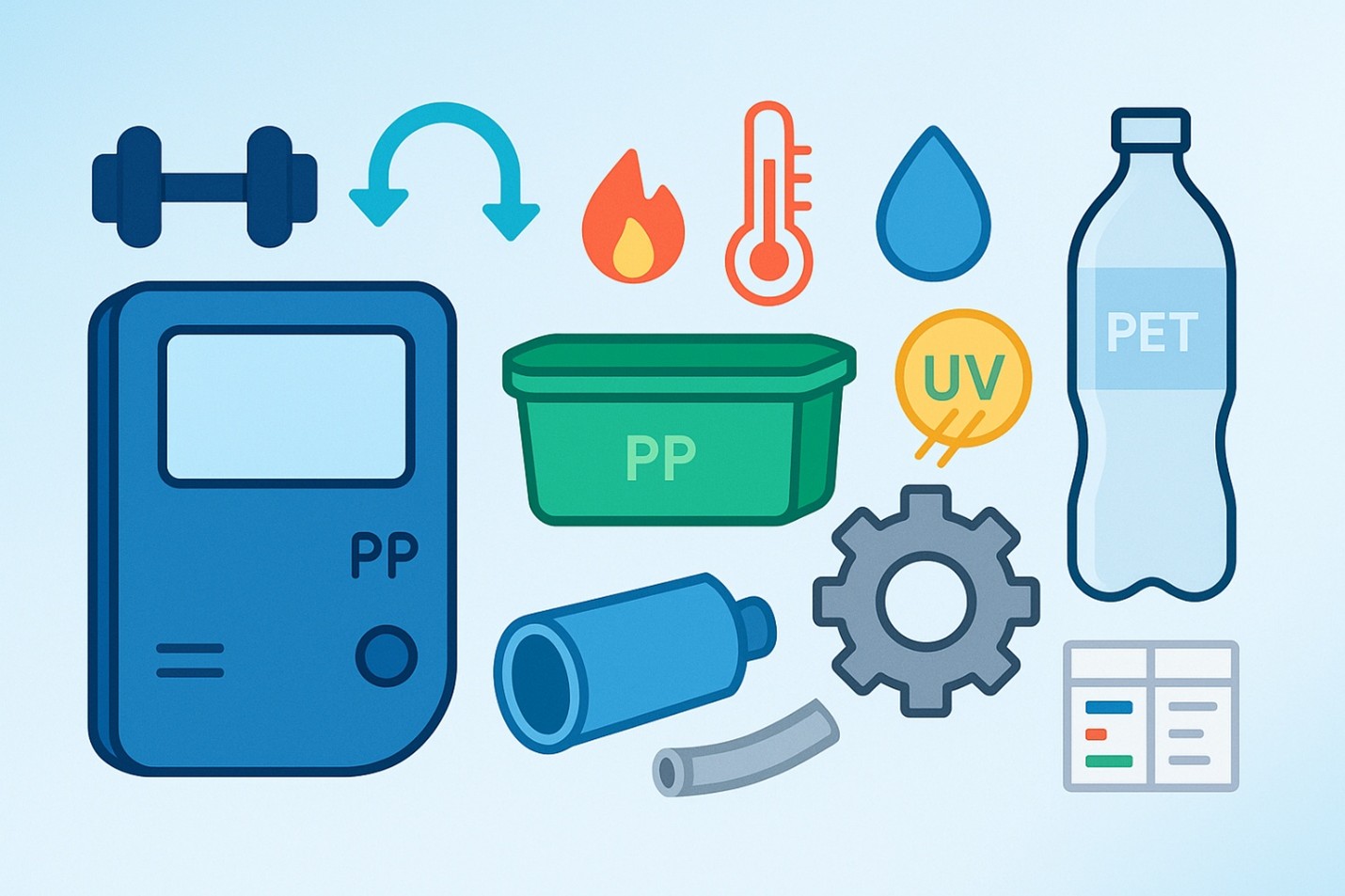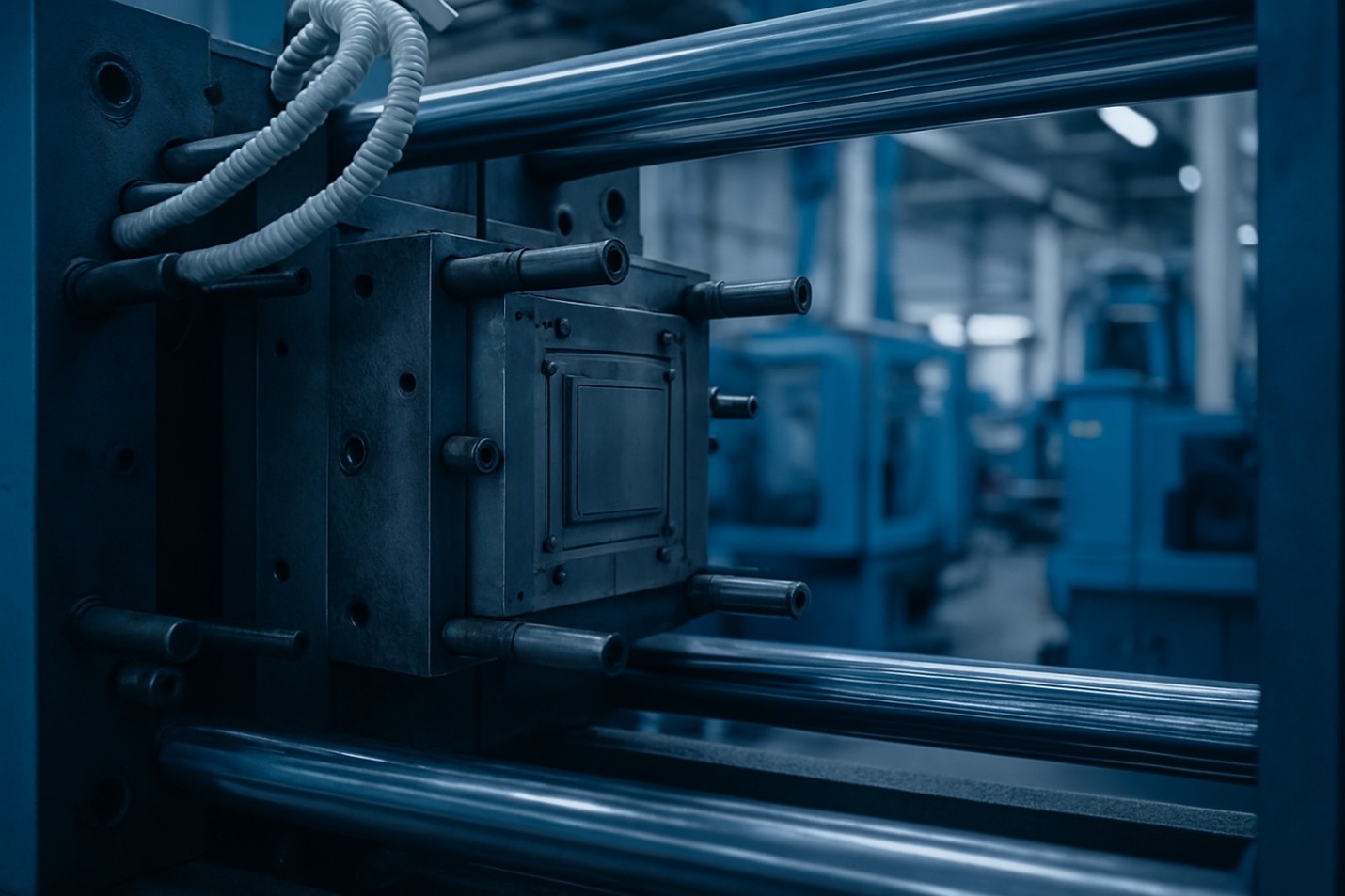Contents
CNC ( Computer Numerical Control ) machining has revolutionized many industries, and agriculture is no exception. As the demand for efficient, precise, and cost-effective agricultural machinery and tools grows, CNC machining has become increasingly integral to the development and production of equipment used in farming and related activities. This article explores the benefits and applications of CNC machining in the agricultural sector.

Benefits of CNC Machining in Agriculture
- Precision and Accuracy: CNC machining offers unparalleled precision, which is critical in manufacturing parts that need to fit perfectly or operate under tight tolerances. This precision ensures that machinery runs smoothly and efficiently, reducing downtime and maintenance costs.
- Cost Efficiency: By automating the manufacturing process, CNC machining reduces labor costs and minimizes human error. It also allows for the production of complex parts in a single setup, which reduces the need for multiple machines and operations.
- Customization and Flexibility: CNC machines can be quickly reprogrammed to produce different parts, making it easy to customize machinery to meet specific needs. This flexibility is particularly beneficial for the agricultural industry, where equipment often needs to be adapted to varying types of crops, soil conditions, and farming practices.
- Durability and Consistency: The consistency of parts produced by CNC machining means that they are more reliable and durable. This reliability is crucial for agricultural machinery that operates in harsh environments and under heavy loads.
- Speed and Efficiency: CNC machines can operate 24/7 with minimal supervision, significantly increasing production speed. This efficiency helps manufacturers meet tight deadlines and rapidly respond to market demands.
Applications of CNC Machining in Agriculture
- Production of Tractor Parts:Tractors are the backbone of modern agriculture, and CNC machining is used to manufacture various components such as engine parts, transmission systems, and hydraulic components. The precision of CNC machining ensures that these parts meet the high standards required for reliable and efficient tractor operation.
- Irrigation System: Efficient water management is crucial for crop yield. CNC machining is used to create precise components for irrigation systems, including pumps, valves, and sprinklers. These components must be accurate to ensure uniform water distribution and optimal performance.
- Harvesting Equipment:Harvesting machinery such as combine harvesters and balers rely on CNC-machined parts for their critical components. Blades, gears, and other mechanical parts produced through CNC machining ensure the machinery operates efficiently and with minimal downtime.
- Planting and Seeding Machines:The precision required in planting and seeding operations is critical for optimal crop growth. CNC machining is used to manufacture the intricate parts of plating equipment, such as seed drills and planters, ensuring accurate seed placement and depth control.
- Livestock Management Equipment: CNC machining also plays a role in producing equipment for livestock management, including feeders, milking machines, and ventilation systems. These components need to be durable and reliable to maintain animal health and productivity.
- Soil Preparation Tools: Plows, tillers, and other soil preparation tools benefits from CNC machining by having durable, precise parts that withstand the rigors of soil work. This ensures effective soil management and contributes to better crop yields.
Future Trends and Innovations
The integration of CNC machining with other technologies such as the internet of things and artificial intelligence is set to further enhance its impact on the agricultural industry. Smart farming equipment that can communicate and adapt to real-time data will rely heavily on the precision and reliability of CNC-machined parts.
Additionally, advancements in materials science, such as the use of composite materials and lightweight alloys, will drive the development of more efficient and durable agricultural machinery. CNC machining’s ability to work with a wide range of materials makes it well-suited to these innovations.
Conclusion
CNC machining is a transformative technology in the agricultural industry, offering significant benefits in terms of precision, efficiency, and cost-effectiveness. Its applications range from the production of essential tractor parts to sophistical irrigation systems and harvesting equipment. As the agricultural sector continues to evolve, CNC machining will remain a cornerstone in the development of advanced farming machinery, driving progress and sustainability in agriculture.
Get Custom Agricultural Parts at HordRT
For agricultural equipment manufacturers seeking custom parts tailored to their specific needs, HordRT offers top-notch CNC machining services. HordRT specializes in producing high-quality, precision-engineered parts that meet the rigorous demands of modern agriculture. Whether you need custom tractor components, specialized irrigation system parts, or any other agricultural machinery parts, HordRT has the expertise and technology to deliver. With a focus on precision, durability, and efficiency, HordRT ensures that every part they produce contributes to the overall productivity and reliability of your agricultural operations.
-q4gvl4k29y4hq8j9rjpapvj0ft06fje63olt7p210i.png)


